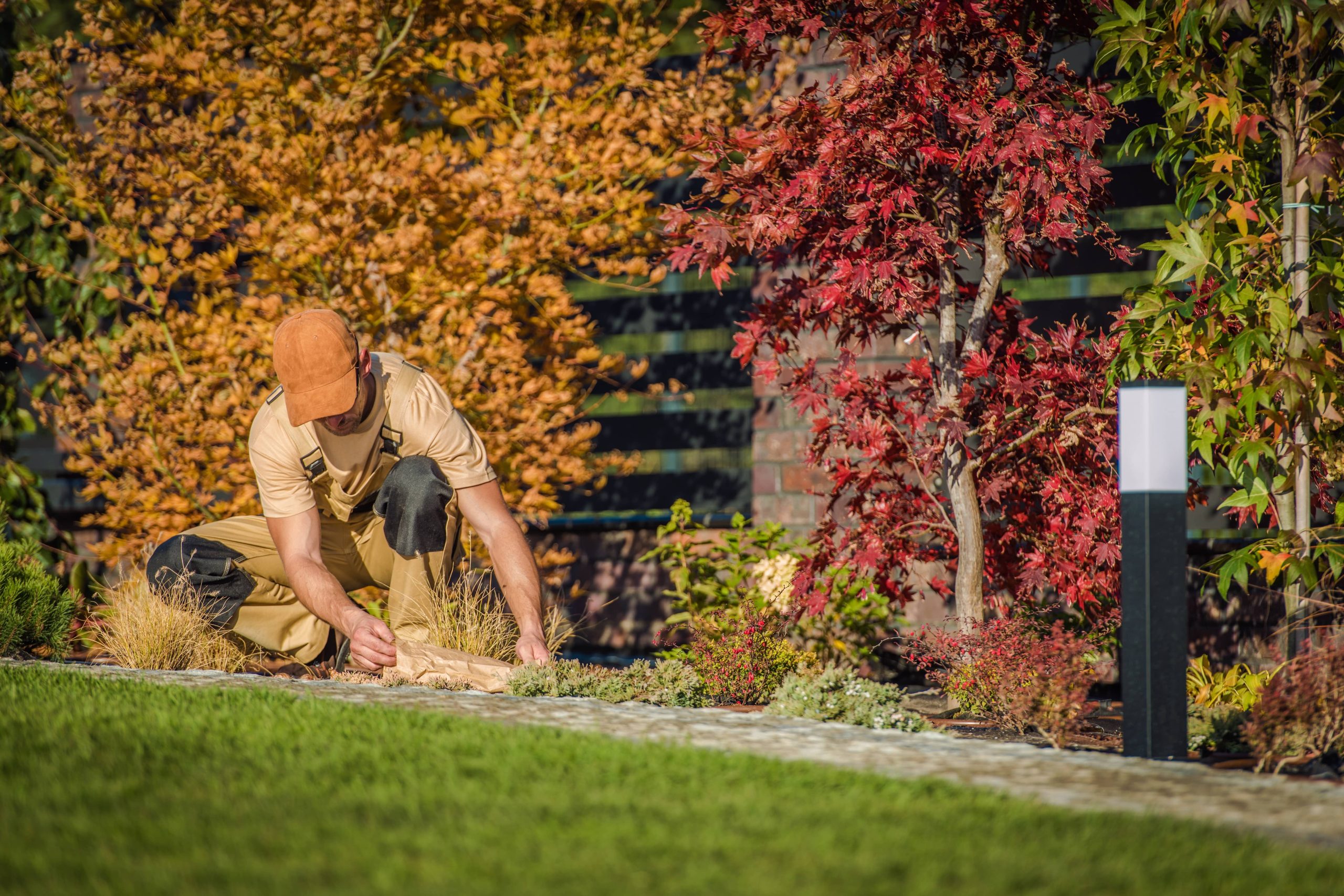
As a devoted gardening enthusiast, you’re likely always on the lookout for methods to maximize your garden’s potential and enhance its vitality. One of the most effective and environmentally friendly ways to achieve this is through composting. While it might seem like just a simple natural process, composting offers numerous advantages for your garden that go beyond just improving soil quality. Whether you’re an experienced gardener or just starting out, understanding the benefits of composting can play a crucial role in the development of a healthy and flourishing garden.
What is Composting?
Before delving into the advantages, it’s essential to understand what composting is. Composting is the natural process of recycling organic matter, such as leaves, vegetable scraps, and grass clippings, into a rich soil known as compost. This process occurs when micro-organisms, fungi, and bacteria break down organic material under specific conditions. The result is a nutrient-rich substance that is often referred to as “black gold” by gardeners for its ability to enhance soil and improve plant growth.
Improving Soil Health
One of the most significant benefits of composting is its ability to improve overall soil health. Healthy soil is the backbone of any garden. Compost adds nutrients to the soil, such as nitrogen, phosphorus, and potassium, which are essential for plant growth. Additionally, compost improves soil structure, providing better drainage in clay soils and increasing water retention in sandy soils. This balance ensures that your plants have a robust environment to flourish.
Moreover, compost introduces beneficial microbes and organisms into the soil. These organisms aid in decomposing organic material, further enriching the soil while promoting an ecosystem that deters plant diseases. Healthy soil is synonymous with healthy plants, and composting is a naturalway to ensure your garden soil remains in prime condition.
Reducing Waste and Environmental Impact
Composting is an excellent way to reduce household waste. Kitchen scraps and yard waste are significant contributors to landfill mass. By composting, you’re diverting this waste away from landfills, reducing your carbon footprint and landfill methane emissions. It’s estimated that the average household can reduce their waste by up to 30% through composting alone. This is a simple yet powerful action that significantly decreases the negative environmental impact of waste.
With climate change being a pressing global issue, composting represents a small change with a substantial impact. In addition to reducing waste, the composting process recycles carbon, adding to the natural carbon cycle and ensuring it’s returned to the soil rather than being released into the atmosphere as greenhouse gases.
Cost Efficiency
Gardening can be an expensive hobby, especially considering the costs associated with purchasing soil amendments, fertilizers, and pesticides. Composting offers a cost-effective alternative by providing a homemade and natural soil enhancer. It reduces the need to buy commercial fertilizers or soil conditioners, both of which can be costly. Over time, creating your compost can result in significant savings while maintaining a high standard for soil quality and plant health.
Enhancing Plant Growth and Disease Resistance
Compost not only fosters robust plant growth by making nutrients readily available but also enhances plant resilience against diseases. The nutrients found in compost are released slowly, providing a steady supply to plants which avoids the over-fertilization risk associated with some chemical fertilizers.
Moreover, the addition of compost to the soil can suppress plant diseases and pests. The beneficial microorganisms present in compost compete with harmful pathogens, reducing their numbers and limiting their ability to infest plants. This natural suppression minimizes the need for chemical interventions, supporting a healthier garden ecosystem.
Encouraging Biodiversity
A garden filled with diverse flora leads to a vibrant ecosystem bustling with beneficial insects, birds, and other wildlife. Composting supports this biodiversity by providing essential nutrients that allow a wide variety of plants to thrive.
The diversity in the garden, supported by rich compost, attracts pollinators like bees and butterflies, which are crucial for plant reproduction. Moreover, the healthy ecosystem fostered by rich, well-nourished soil encourages the presence of organisms such as earthworms, which contribute to the aeration and nutrient cycling in the soil.
How to Start Composting
Starting your composting journey is simpler than you might think. Whether you have a large garden or a small backyard, there are several ways to compost:
1. Traditional Compost Bin: Ideal for larger spaces, these bins allow you to collect and mix organic material manually. Remember to maintain a balance of greens (nitrogen-rich materials like vegetable scraps) and browns (carbon-rich materials like dry leaves) for optimal decomposition.
2. Tumbling Composter: These are great for urban gardeners as they’re compact and rotate easily. They facilitate faster decomposition and require less effort to operate.
3. Vermicomposting: Perfect for indoor or small garden spaces, vermicomposting uses worms to break down organic waste into a fine, homogenous compost.
Regardless of the method you choose, ensure the compost pile is well-aerated and moist but not waterlogged. With a little patience, you’ll soon be reaping the rewards of your efforts in the form of nutrient-rich compost.
Conclusion
Composting is a practice that not only benefits your garden but also contributes to a more sustainable environment. It transforms waste into a valuable resource, fosters a lively garden ecosystem, and leads to healthier, more resilient plants. By incorporating composting into your gardening routine, you’re not only nurturing your green space but also actively participating in an eco-friendly movement that values resource conservation and environmental stewardship. As a “Home & Garden” blogger dedicated to “Gardening and Landscaping,” embracing composting enriches your garden’s soil and, in turn, enhances the beauty and productivity of your landscape. Happy composting!







